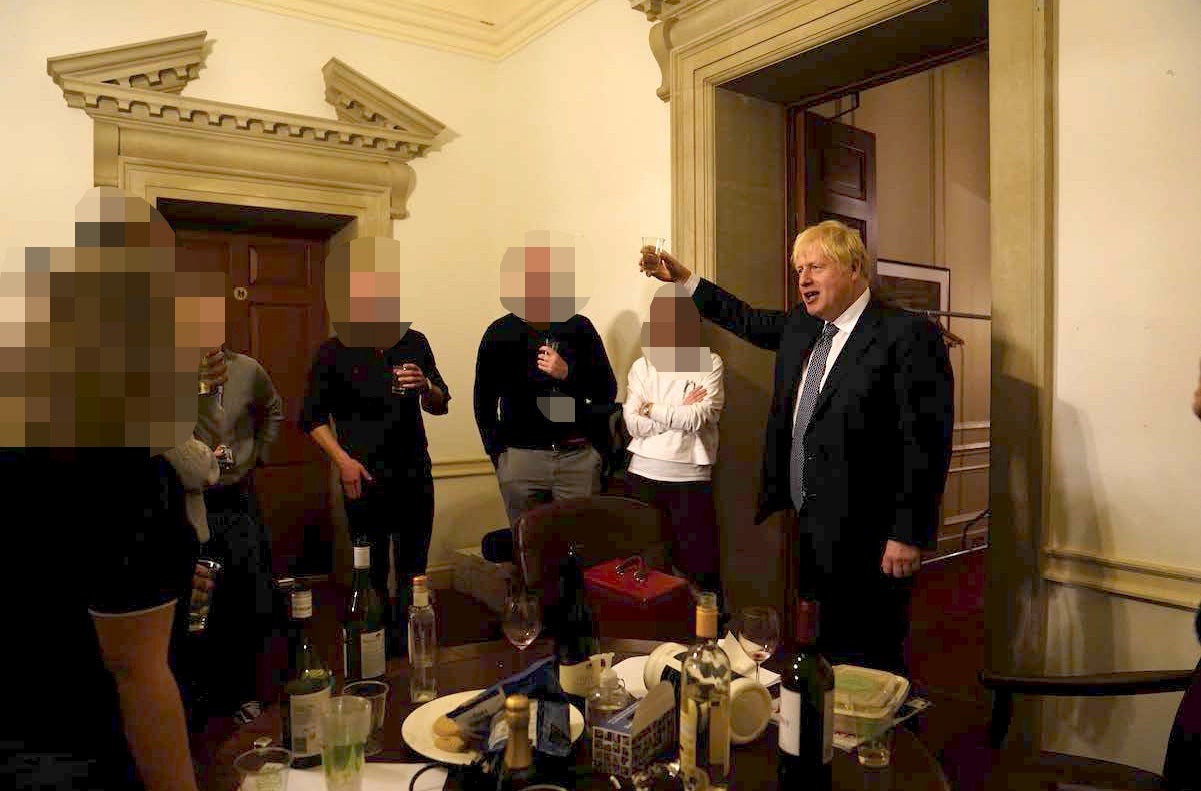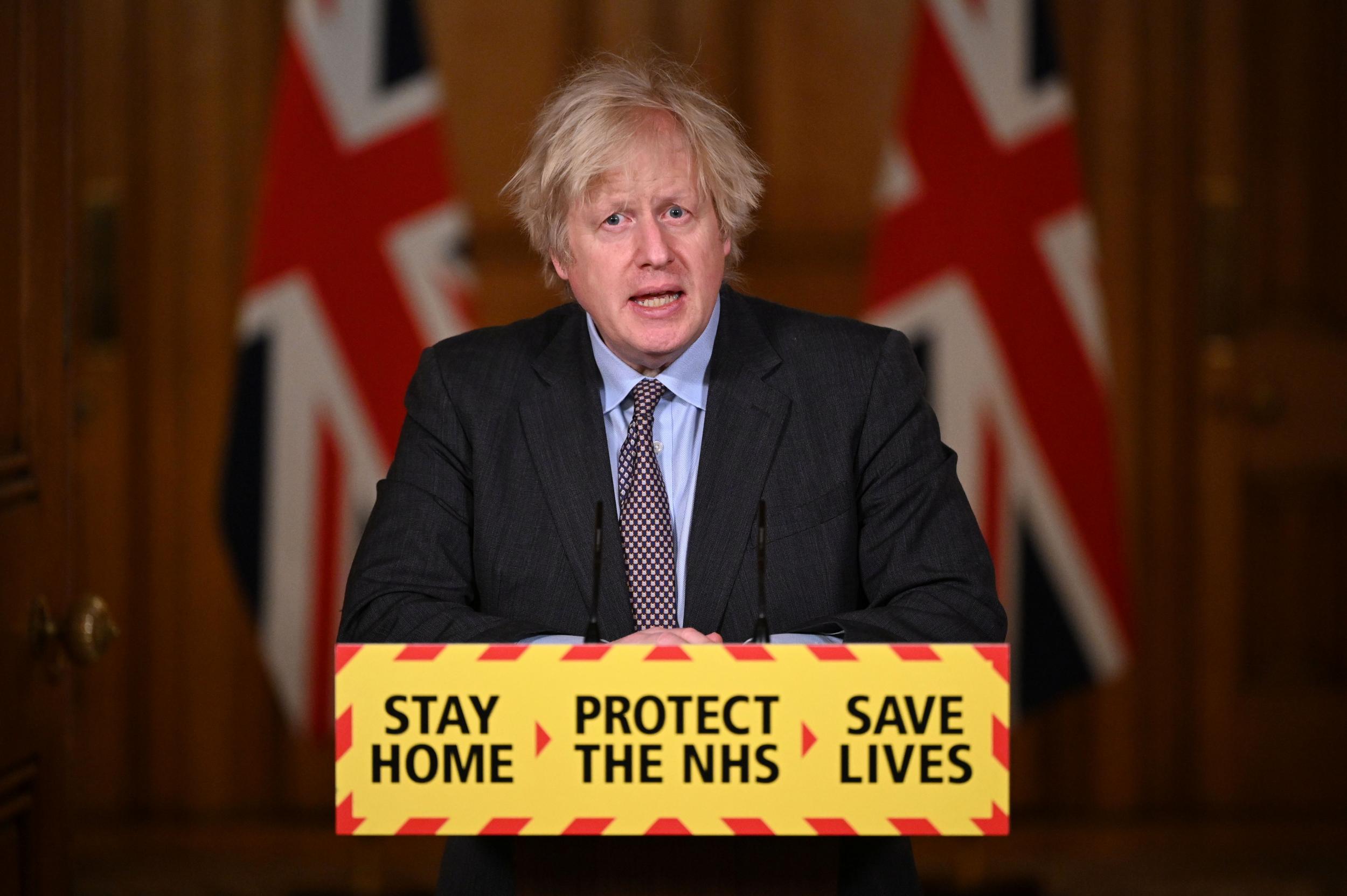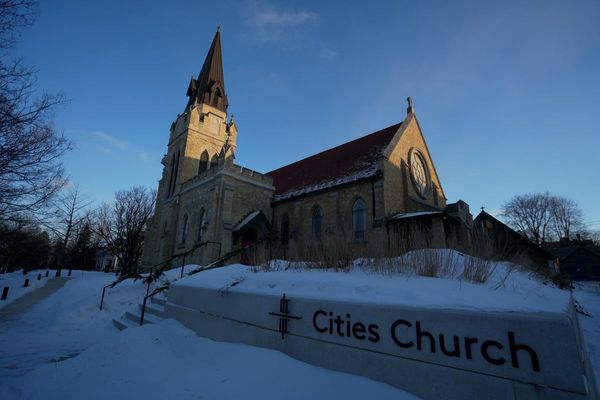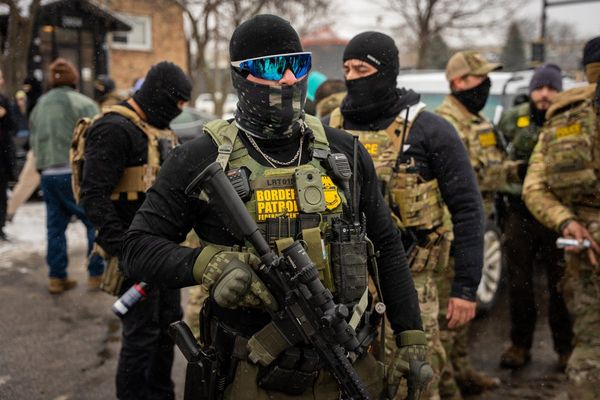
The new police probe into further potential breaches of Covid laws at Downing Street, Chequers, inside parliament and the Conservative Party headquarters is likely to cause Rishi Sunak a headache for some time.
It includes more gatherings attended by Boris Johnson while he was prime minister, and a Christmas party where Tory staffers were invited to “jingle and mingle”.
The investigation is likely to be ongoing when by-elections triggered by Mr Johnson’s resignation take place, with voters going to the polls in Uxbridge and South Ruislip on 20 July.
On the same day, there will be a by-election in the North Yorkshire seat of Tory MP Nigel Adams, who resigned in support of the former prime minister.
Metropolitan Police officers are assessing whether new evidence crosses the threshold for a full investigation, and will then decide if to send attendees questionnaires.
Commissioner Sir Mark Rowley suggested that the process would take several weeks, if not months, saying he would not “rush to an answer when it’s so contentious”.
“We should be fair and systematic and get to the right answer,” he told the News Agents podcast.
“The fact there’s been an initial investigation previously means that if we’re going to reopen it one would want to look at [previous] material. Don’t expect news in a couple of days’ time that we’ve sent out X numbers of fixed penalty notices, it’s going take a bit longer than that.”
What is the new investigation looking at?
Officers are assessing material passed by the Cabinet Office “regarding potential breaches of the regulations between June 2020 and May 2021 at Downing Street and Chequers”.
The evidence is understood to have come from official diary entries that were being reviewed ahead of the Covid public inquiry, and were passed to police in May in a move attacked by Mr Johnson’s allies.
At the time, a statement from the former prime minister’s office said his lawyers had written to police to “explain in detail why the Cabinet Office is entirely wrong in its assertions”.
The Metropolitan Police said it was also assessing media reporting of “alleged breaches in parliament”, which is believed to relate to allegations Conservative MP attended a birthday party in parliament during December 2020.
Police are looking at previously unseen footage of a Christmas gathering at the Conservative Party’s campaign headquarters on 14 December 2020.
A video published by the Sunday Mirror showed staff dancing and joking about Covid restrictions, and people walking around wearing paper crowns and clutching alcoholic drinks.
An invitation to the event obtained by BBC News read: “JINGLE AND MINGLE: Save the date - Monday December 14th at 6pm for the Shaun Bailey for London holiday party.”
Scotland Yard initially launched an investigation after the Daily Mirror published a picture of the gathering, but concluded that the photo by itself was not sufficient evidence to find an offence had been committed.

How will the investigation work?
Metropolitan Police Commissioner Sir Mark Rowley said police were initially assessing whether new evidence received from the Cabinet Office and other sources passed the threshold for a new investigation.
He said that in the case of the Conservative Party headquarters “jingle and mingle” party, there was an “extra” step of comparing the new footage to what was previously said in questionnaires.
“I think we can all see the colourful nature of the video and how much it tells a story way beyond the original photo,” Sir Mark added. I need to let a team work through that but I think we can all guess which way it will go.”
The commissioner said the probe would be governed by the same procedures and principles as the first Partygate investigation, where officers look at whether there has been a breach of Covid laws, and then decide if a sanction is proportionate.
“We’re not routinely opening every minor historic allegation,” he explained. “If you phoned up about your neighbour from three years ago, we’re not going to reopen that. But clearly, cases that are particularly serious, particularly concerning, we will do.”
One “aggravating feature” that can trigger investigations is when the attendees of illegal gatherings were involved in setting coronavirus laws and lockdown policies, as was the case with Mr Johnson and his team.

Will politicians be interviewed by the police?
Sir Mark said that if officers wanted to question attendees they would again use written questionnaires, which previously had a seven-day deadline for responses.
The process was introduced under his predecessor Dame Cressida Dick, but he said it “seems to me a very sensible way of doing things”.
“It’s possible we’ll issue questionnaires again if we think the initial facts justify that degree of investigation,” the commissioner added.
He said the probe would be “steady and diligent, and to some degree a bit boring”.
How did the law work?
A set of laws called the Health Protection Regulations were changed throughout the pandemic to enforce different restrictions, including national lockdowns.
They set the legal limits on gatherings but also provided defences and exemptions.
At all times, a defence of “reasonable excuse” was built into the law and lists of examples given in legislation were not exhaustive.
The wording of the laws in place during a series of Christmas parties in December 2020, for example, read: “A person commits an offence if, without reasonable excuse … [they] contravene a restriction.”
It means that police had discretion to decide whether someone had broken the law, or had a legal defence for doing something that appeared to be a Covid breach on the face of it.

What laws may have been broken?
Because different gatherings happened at different stages of restrictions, the Metropolitan Police will be looking at whether to fine people for different offences.
At the earlier stage of the pandemic in 2020, the key test was “being outside of the place they were living without reasonable excuse”, but as restrictions eased rapidly-changing laws restricted gatherings of different sizes types.
At points there was a flexible “reasonable excuse” defence, meaning police had to consider individual reasons for apparent breaches on a case-by-case basis.
There was also a broad exemption on gatherings that were “reasonably necessary for work purposes”, or “essential for work purposes”.
That is likely to be the core defence argued by many attendees at Downing Street gatherings, many of which followed the end of the working day.
What is the threshold for giving a fine?
The Met Police said its threshold was first a “reasonable belief that the individual had committed an offence under the regulations”, and that a defence did not apply.
They are applying the same test from the first Partygate probe, which is that a person knew or “ought to have known” they were committing an offence, and failing to investigate it would “significantly undermine the legitimacy of the law”.
Last May, the Met said officers “took great care to ensure that for each referral we had the necessary evidence to prosecute the FPN at court, were it not paid”.
That was controversially a higher bar than applied to normal members of the public, who are still being prosecuted for Covid breaches in secret courts without the chance to give evidence in their defence.
How long did the first Partygate investigation take?
The initial Partygate investigation, codenamed Operation Hillman, ran for four months last year and covered gatherings on eight dates.
It was triggered by information passed to the Met by the Cabinet Office and was launched on 25 January 2022.
The force said a team of 12 detectives worked through 345 documents, including emails, door logs, diary entries and witness statements, 510 photographs and CCTV images and 204 questionnaires as part of the “careful and thorough enquiry”.
Each line of inquiry looked at the date, the circumstances behind each event, and the actions of the individual, benchmarked against the legislation at that time, to establish whether their behaviour met the threshold for a fine.
The results were announced on 19 May 2022, with 83 people including Mr Johnson and his successor Rishi Sunak being given a total of 126 fines.







